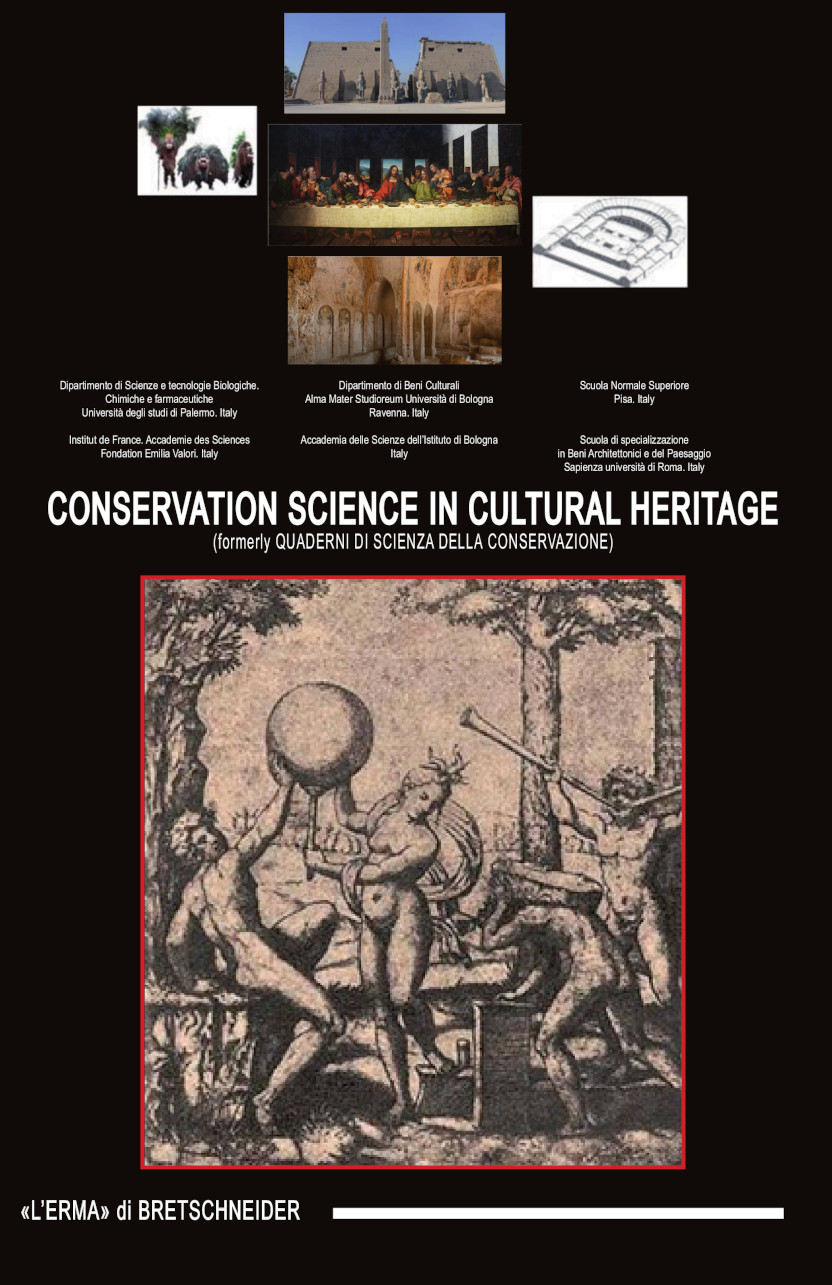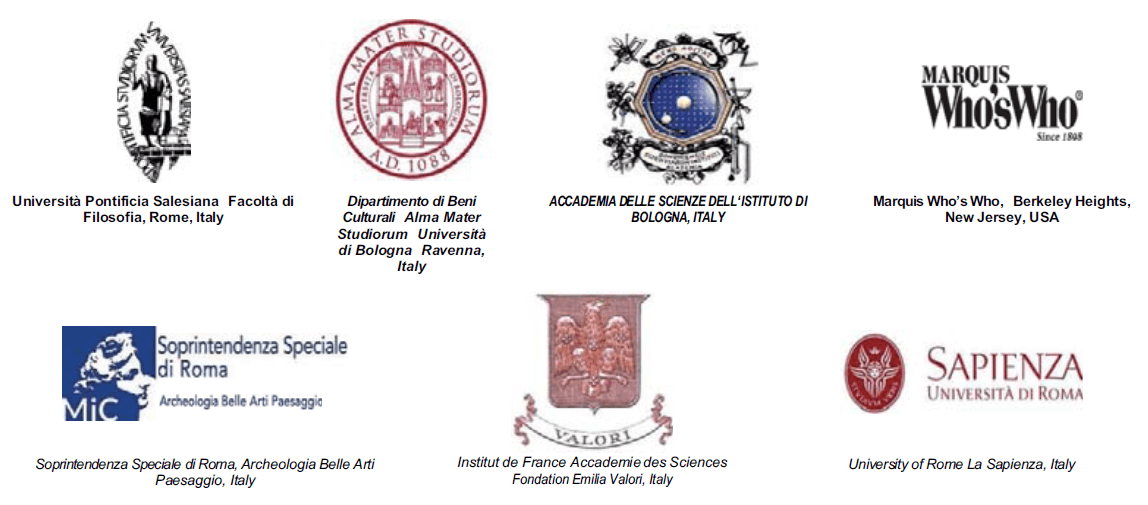The Adaptive Reuse of Castles in Tourism and Settlement Development – Primary Impact Assessment of Somogy County’s Castle Hotels, Hungary
DOI:
https://doi.org/10.6092/issn.1973-9494/12804Keywords:
tourism, settlement development, cultural heritage, mansions, HungaryAbstract
In Europe and in Hungary, there are a large number of built heritage assets. Nowadays castles can be reused as schools, common lodging houses, hospitals or residential buildings. The optimal way to reuse them is as museums, hotels and event venues for tourist purposes. The current study aims to present and evaluate the adaptive reuse of castles as hotels and assess the interest of local residents, leaders and castle-owners. The research focuses on the advantages and disadvantages of castle hotels in the life of the settlements. The case studies were conducted in Somogy County, where several castle hotels are located. Interviews and surveys are essential research methods. The research emphasizes the need for co-operation, which is indispensable for reusing the castles as hotels, to satisfy all stakeholders.
Downloads
Published
How to Cite
Issue
Section
License
Copyright (c) 2021 Judit Péterfi

This work is licensed under a Creative Commons Attribution 3.0 Unported License.





